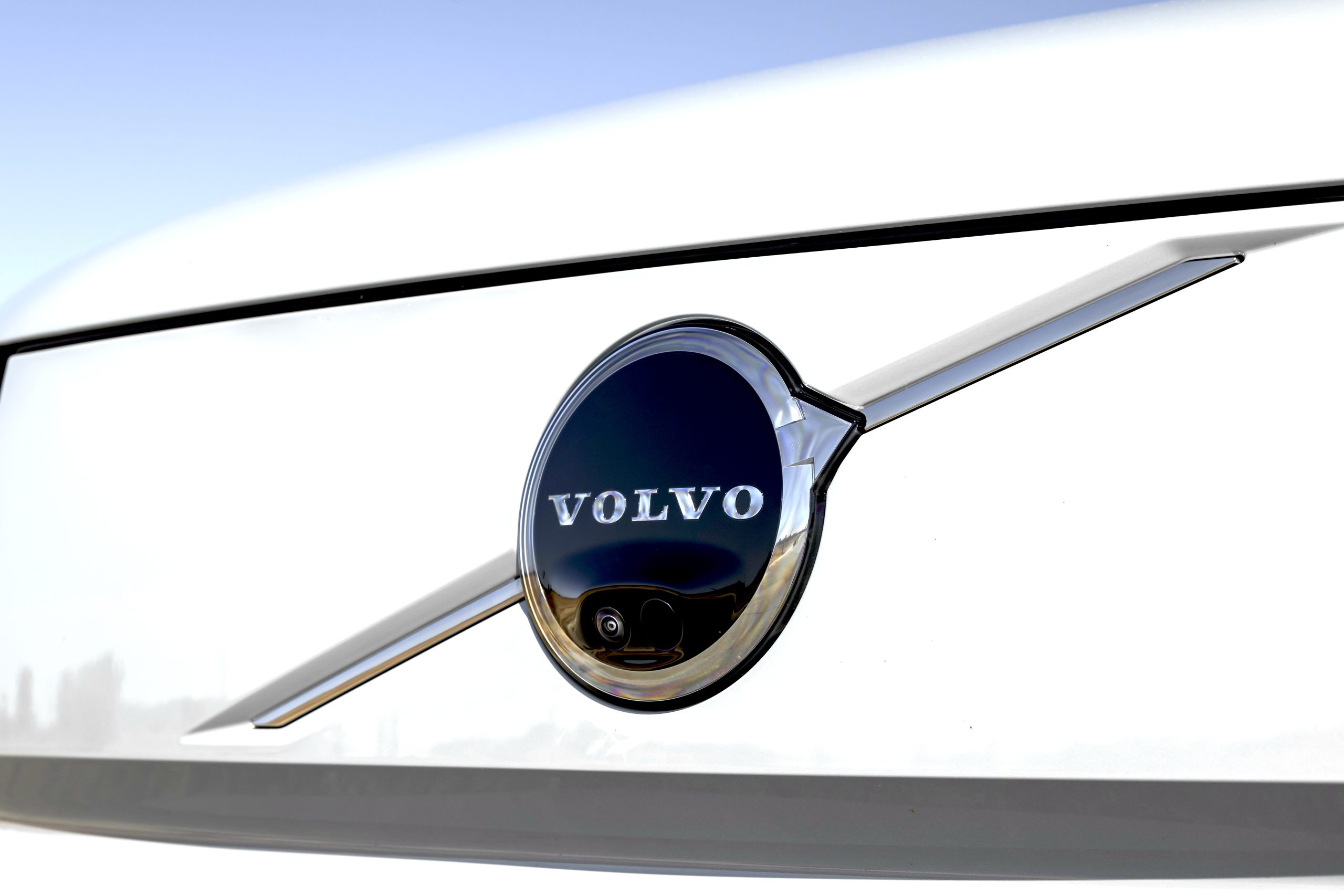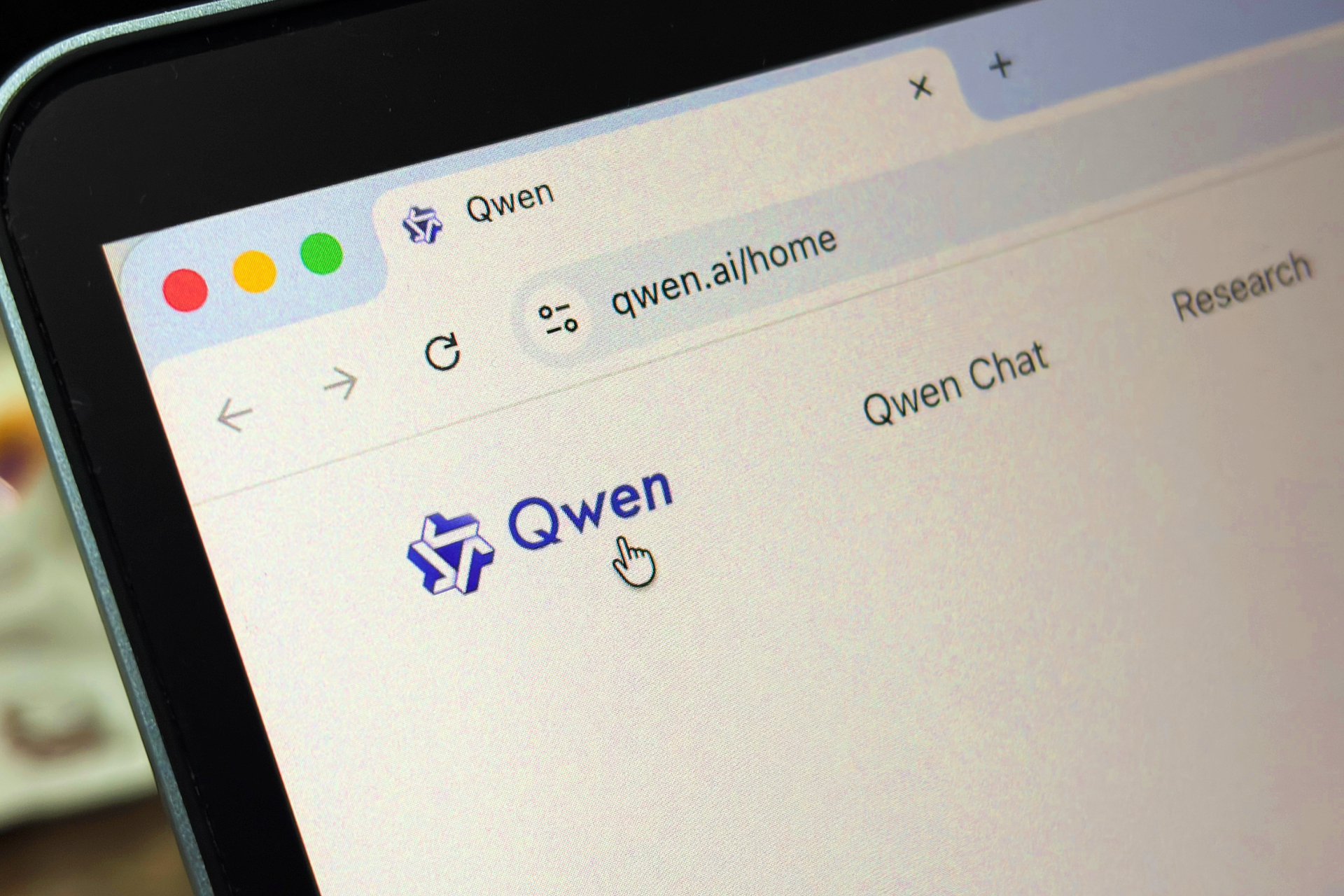
Ford Motor Company is making a significant stride into the digital automotive retail space, announcing its decision to offer certified pre-owned (CPO) vehicles directly through Amazon Autos. This strategic move, revealed roughly one year after e-commerce giant Amazon first ventured into online car sales with Hyundai, signals a pivotal shift in how established automakers are adapting to evolving consumer purchasing habits and the digital transformation of the automotive industry. The partnership allows customers in select markets to browse, finance, and purchase CPO Ford vehicles with unprecedented online convenience, while still maintaining the crucial role of local dealerships in the transaction process.
The Shifting Landscape of Automotive Retail
For over a century, the traditional dealership model has been the bedrock of vehicle sales in the United States. This system, characterized by franchised dealerships handling sales, service, and financing, has largely remained unchallenged despite technological advancements. Consumers typically visited multiple showrooms, negotiated prices face-to-face, and handled extensive paperwork on-site. However, the dawn of the internet age and, more recently, the acceleration of digital adoption during the global pandemic, profoundly reshaped consumer expectations. Buyers now demand transparency, convenience, and a streamlined experience that mirrors their interactions with other retail sectors.
The rise of digital-first automotive retailers like Carvana, Vroom, and Shift over the past decade underscored this shift. These platforms demonstrated the viability of selling vehicles entirely online, offering home delivery and simplified processes that appealed to a segment of buyers weary of traditional dealership experiences. While these pure-play online retailers faced their own set of challenges, particularly concerning logistics and profitability, they undeniably proved that a substantial market existed for digital car purchasing. This evolution compelled legacy automakers and their dealer networks to re-evaluate their strategies, prompting investments in digital tools, virtual showrooms, and online sales capabilities to remain competitive.
Amazon’s Entry into the Automotive Market
Amazon’s foray into online car sales was not entirely unforeseen, given its expansive reach across virtually every retail sector. In November 2024 (as per the article’s timeline), Amazon Autos officially launched, initially partnering with Hyundai to facilitate new vehicle purchases. This initial collaboration allowed customers to select a new Hyundai model, configure it, and complete a significant portion of the purchasing process online, with final pickup or delivery arranged through a local Hyundai dealership. The move was widely seen as Amazon leveraging its unparalleled e-commerce infrastructure, customer trust, and logistics capabilities to enter the high-value automotive market, presenting both an opportunity and a potential disruption to existing sales channels.
The decision to start with new car sales, and now expand into the certified pre-owned segment with Ford, reflects a deliberate strategy by Amazon to gradually integrate itself into the complex automotive ecosystem. By focusing on partnerships with established manufacturers and their dealer networks, Amazon aims to offer a hybrid model that combines the convenience of online shopping with the essential local services provided by dealerships. This approach mitigates some of the logistical and regulatory hurdles that pure online players have encountered, while still capitalizing on Amazon’s strengths in customer acquisition and digital transaction processing.
The Strategic Value of Certified Pre-Owned Vehicles
Ford’s decision to specifically focus on certified pre-owned vehicles for its Amazon Autos debut is a strategic one, tapping into a robust and increasingly popular segment of the automotive market. CPO programs offer a compelling middle ground between new cars and standard used vehicles. A certified pre-owned vehicle typically undergoes a rigorous multi-point inspection by factory-trained technicians, often includes a manufacturer-backed warranty that extends beyond the original new-car warranty, and may come with additional benefits such as roadside assistance or special financing rates.
For consumers, CPO vehicles represent a value proposition, offering many of the benefits of a new car—reliability, warranty coverage, and peace of mind—at a lower price point. This makes them particularly attractive in economic climates where new car prices might be prohibitive or supply constrained. For manufacturers like Ford, the CPO market is crucial. It provides a structured channel to remarket off-lease vehicles or trade-ins, helps maintain brand value, and offers a profitable revenue stream for both the automaker and its dealer network. Integrating CPO sales into Amazon Autos could significantly broaden the reach of Ford’s CPO program, introducing these carefully vetted vehicles to a vast new audience accustomed to shopping online.
A Hybrid Model for Modern Car Buying
The collaboration between Ford and Amazon Autos is designed to offer a seamless, yet integrated, purchasing experience. Customers will be able to navigate a participating local Ford dealer’s inventory directly through the Amazon Autos website. This includes filtering searches by model, trim, color, and specific features, mirroring the intuitive shopping experience Amazon users expect. Once a vehicle is selected, much of the paperwork, including financing applications and electronic signatures, can be completed online. This digital streamlining significantly reduces the time traditionally spent at a dealership.
Crucially, the partnership emphasizes a hybrid model. While the initial browsing and transaction steps occur digitally, the final stage involves the customer scheduling a time to pick up their newly purchased CPO vehicle from the local Ford dealership. This ensures that dealerships remain central to the customer journey, handling vehicle preparation, final delivery, and providing an opportunity to build a relationship for future service needs. Furthermore, Ford is backing these Amazon Autos sales with a money-back guarantee, allowing customers to return the vehicle within 14 days or 1,000 miles, whichever comes first. This level of buyer protection is a significant factor in building consumer confidence for high-value online purchases and aligns with Amazon’s customer-centric return policies across its other product categories.
Market Impact and Industry Implications
The Ford-Amazon partnership for CPO sales carries substantial implications for various stakeholders within the automotive and retail industries.
For Ford: This initiative represents a proactive step to modernize its sales strategy and meet customers where they are increasingly shopping—online. By partnering with Amazon, Ford gains access to an enormous customer base, potentially increasing its CPO sales volume and attracting new demographics. It also allows Ford to test and refine its digital sales processes, gathering valuable data on online consumer behavior that can inform future strategies. While the program starts in limited markets (Los Angeles, Seattle, and Dallas), its success could pave the way for a broader national rollout.
For Amazon: Expanding beyond new car sales into the CPO market further solidifies Amazon’s position as a serious contender in automotive retail. It demonstrates the platform’s versatility and its capability to handle complex, high-value transactions. Successfully integrating CPO sales could unlock significant revenue streams for Amazon and deepen its relationship with both consumers and automakers, potentially encouraging more brands to join Amazon Autos in the future.
For Dealerships: The partnership presents a nuanced challenge and opportunity. On one hand, it could be perceived as a step towards disintermediation, with Amazon taking a more central role in the initial sales funnel. However, the hybrid model, which retains dealer involvement for vehicle pickup and service, also offers a powerful new lead-generation tool. Dealerships participating in Amazon Autos stand to benefit from increased traffic, both online and in-person, potentially reaching customers they might not otherwise engage through traditional marketing channels. The key for dealers will be to adapt their operations to seamlessly integrate with Amazon’s digital process and capitalize on the opportunities for customer retention through their service departments.
For Consumers: This collaboration promises enhanced convenience, greater transparency in pricing and vehicle information, and a wider selection of CPO vehicles accessible from the comfort of their homes. The money-back guarantee also adds a layer of security, mitigating some of the perceived risks associated with buying a car sight unseen or without extensive in-person interaction. However, some buyers may still prefer the hands-on experience of test driving multiple vehicles and negotiating directly with a salesperson.
Challenges and Future Outlook
Despite the promising potential, the Ford-Amazon Autos partnership is not without its challenges. Logistical complexities, particularly around vehicle delivery, inspection standards across a distributed dealer network, and managing returns, will require meticulous coordination. Maintaining a consistent customer experience across various dealerships, each with its own operational nuances, will be critical for the program’s long-term success. Furthermore, as the program scales beyond its initial markets, Amazon and Ford will need to navigate diverse state-specific regulations governing vehicle sales and dealership relationships.
Looking ahead, this collaboration could be a harbinger of a more deeply integrated digital future for automotive retail. If successful, it might encourage other major automakers to explore similar partnerships with large e-commerce platforms, further blurring the lines between online and offline commerce. The ultimate outcome could be a permanently altered automotive sales landscape, where hybrid models that blend digital convenience with essential physical touchpoints become the new industry standard, offering consumers unprecedented flexibility and choice in their car-buying journey. The road ahead for Ford and Amazon in the certified pre-owned market is undoubtedly one to watch, as it could redefine consumer expectations and operational paradigms for the entire industry.








